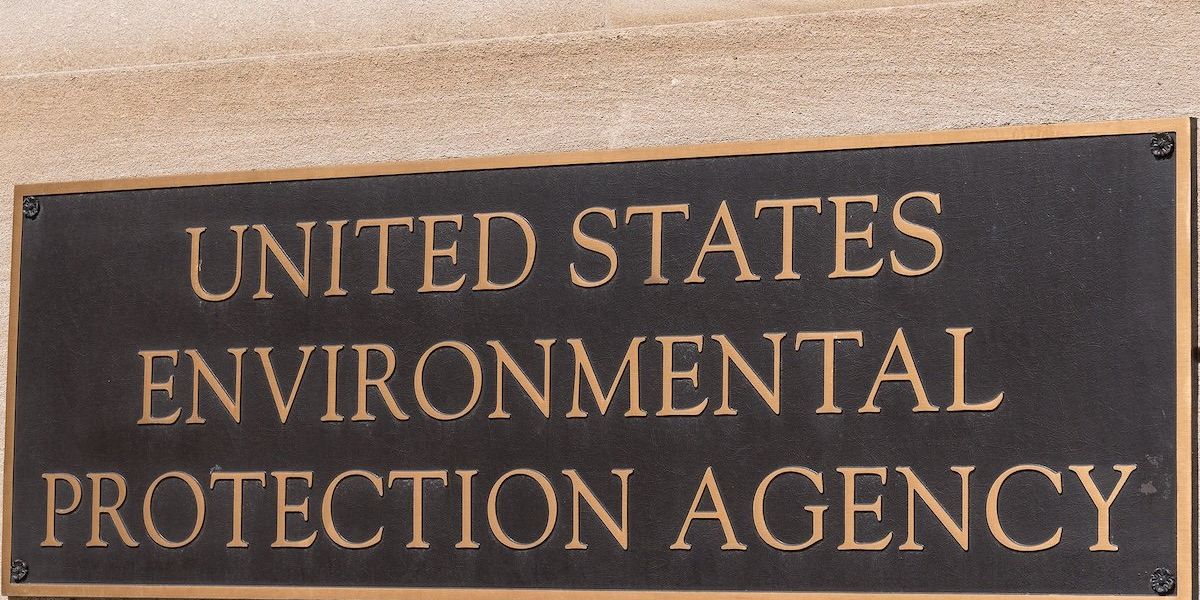solar engineering
Environmental Defense Fund to research artificial cooling methods
The Environmental Defense Fund will invest in exploring technologies that could artificially cool the planet, reflecting sunlight into space as a way to combat rising global temperatures.
In short:
- The Environmental Defense Fund plans to fund research on solar geoengineering, a method for reflecting sunlight away from Earth.
- The research aims to understand the potential global impacts of these technologies, such as changes in precipitation and ocean currents.
- Despite controversy and skepticism, including from within environmental groups, the fund will start issuing grants this fall.
Key quote:
“We are not in favor, period, of deployment. That’s not our goal here. Our goal is information, and solid, well-formulated science.”
— Lisa Dilling, associate chief scientist at EDF
Why this matters:
As global temperatures continue to rise, innovative solutions like solar geoengineering may offer temporary relief. Supporters argue that, with global warming accelerating, it's essential to have a range of strategies on the table. Reflecting sunlight to cool the Earth could buy valuable time, helping to mitigate the worst effects of climate change while longer-term solutions are implemented.
Opponents worry about the unknown risks and ethical implications of manipulating our planet’s climate system. There's also the fear that such technological fixes could detract from efforts to cut emissions at the source.
New challenges arise as NOAA considers the regulation of solar geoengineering
In the face of mounting climate change impacts, calls grow for stronger oversight of efforts to modify the Earth's climate through solar geoengineering.
In short:
- The U.S. lacks robust regulations for solar geoengineering, sparking concerns among environmentalists and scientists over the potential consequences of unregulated climate intervention.
- Current laws only require minimal notification before launching geoengineering experiments, a standard critics argue is insufficient for overseeing the complex implications of such activities.
- As the planet warms, the interest in geoengineering as a stopgap solution to climate change increases, despite the significant risks and ethical questions it raises.
Key quote:
"I am more concerned about this than anything else. [Climate solutions] are not going to get deployed in time, which is only going to create more of a demand for something like this.”
— David Bookbinder, climate attorney and former Sierra Club’s chief climate counsel
Why this matters:
Geoengineering presents a controversial but increasingly considered option for temporarily mitigating climate change effects. However, its potential to alter weather patterns, impact global geopolitics, and cause unforeseen environmental consequences necessitates thorough regulation and public discussion.
EHN’s Pete Myers argues that once deployed, geoengineering gives excuses to avoid reducing carbon emissions.














